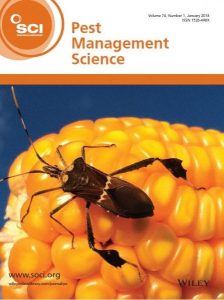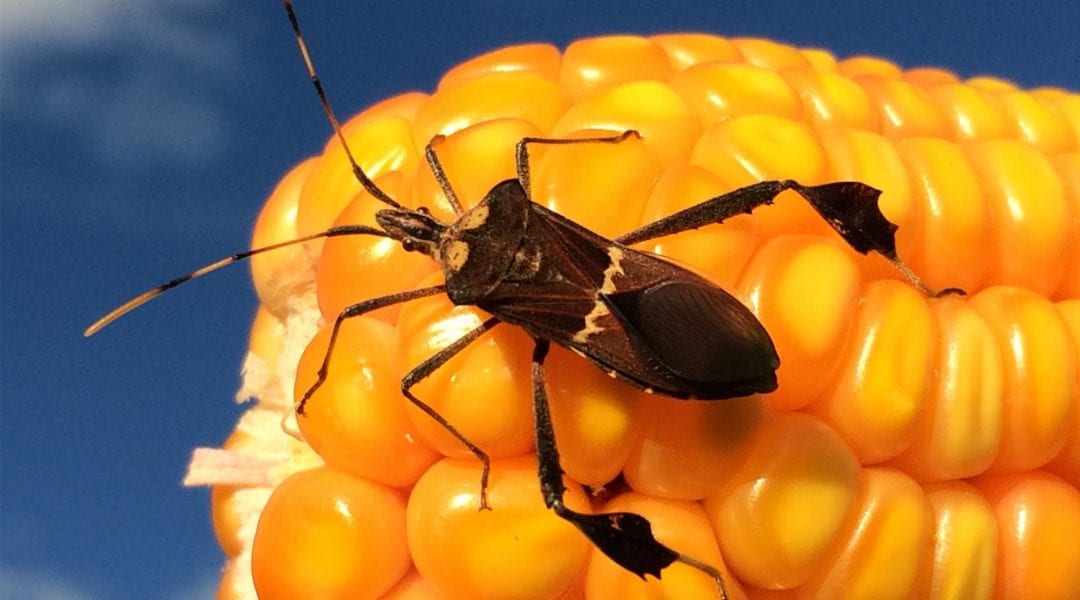Successful pest management is integral to agriculture and sustainable food production. What does the future look like in this field? Some important areas to consider are herbicide discovery, aflatoxin reduction and pesticide resistance.
Can past herbicide discoveries assist in future discoveries?
Epp et al. analyse the discovery of trifluralin and halauxifen-methyl, considering the fifty year difference and extrapolating potential conditions for future herbicide discovery.
What approaches can best reduce Aspergillus infection of grains?
As gene silencing does not work well in grains, Gressel et al. explore more realistic approaches to reduce the problem of aflatoxins by preventing Aspergillus infection. These include breeding host plant resistance, chemical and biological control, better drying and Host Induced Gene Silencing.
Can characterizing the mechanisms of gene duplication combat pesticide resistance?
Jugulam et al. review molecular cytogenetics, with regard to pesticide resistance, considering the potential to uncover mechanism(s) of gene duplication, and illustrate hypothetical models that predict the evolutionary basis of gene duplication
Find cutting edge research on crop protection and pest control in Issue 1 of Pest Management Science, available now.
The cover image, by Josemar Foresti et al, is based on the Research Article Economic injury levels and economic thresholds for Leptoglossus zonatus (Dallas) (Hemiptera: Coreidae) infesting seed maize. Photo credit: Josemar Foresti.

















